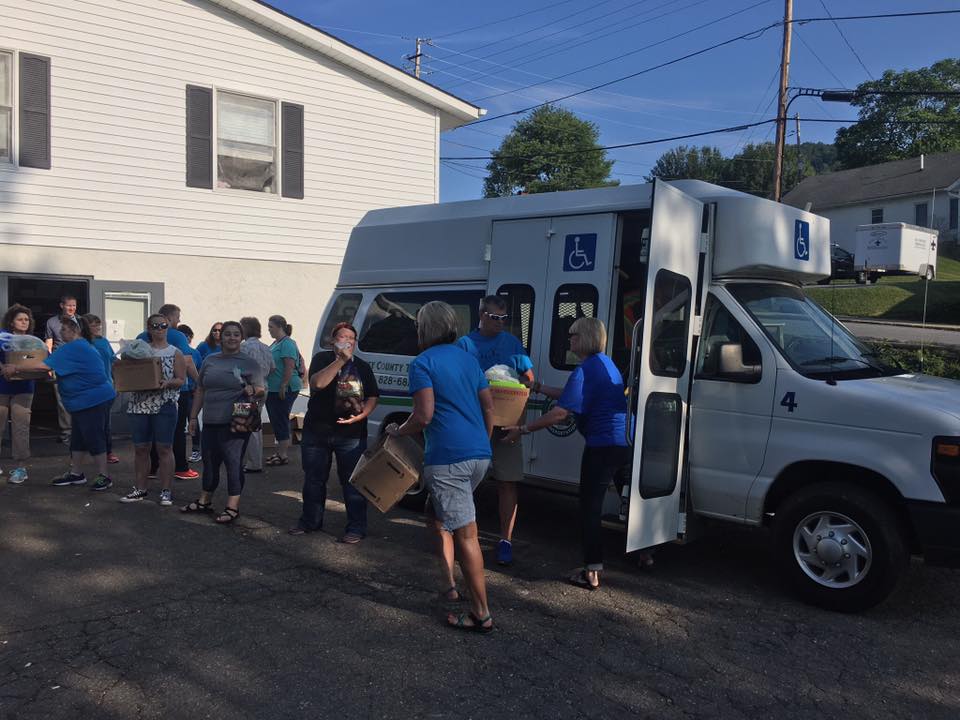Get Involved
Volunteer Get Involved!

Volunteer Opportunities for Individuals
Volunteers are needed to:
- Process and stock items for the Thrift Store
- Help in the food pantry
- Unload food deliveries
- Help with special community events

Volunteer Opportunities for Groups
Court-Ordered Community Service

Things We Need
Your gently used clothing and household goods support many families with low-priced needs and generate income for Reconciliation House client services.
Items we collect include:
- Household items
- Kitchen items (flatware, dishes, pots and pans)
- Books
- Clothes
- Shoes
- Knickknacks
- Purses
- Linens
You may drop off donations in the bins on the Reconciliation House front porch. Please call 828-682-7251 for questions.
Fill Our Food Pantry
- Rice
- Dried and canned beans
- Pasta
- Pasta sauce
- Macaroni and Cheese
- Canned meats
- Cereal
- Canned fruits and vegetables
- Flour
- Cornmeal
- Cooking oil
We welcome your donation of non-perishable food or fresh produce.

Host A Food Drive
Please call 828-682-7251 for more information about needed items.
How Can Your Congregation Help?
- Pray for those in need and those who provide for them
- Raise awareness for the plight of the poor in our local community
- Take action by volunteering, raising funds or hosting a food drive
- Consider making Reconciliation House the beneficiary of special events that serve as fundraisers
Make a Donation
The continued economic stresses and resulting needs are an ever-increasing challenge for Reconciliation House both financially and logistically. We need your support now more than ever! We truly appreciate all you have done in the past and pray you are blessed with the resources to do even more in the future. All we do is made possible through the grace of your generosity.
The staff and volunteers Reconciliation House are honored to be the stewards of your generosity. Because of your financial gift, countless lives are touched and families are given hope.
As a 501(c)3 charitable nonprofit organization, donations are eligible as tax deductible for you and to assist in our goal. Reconciliation House is a very cost effective way to provide physical assistance to families in crisis situations. 92% of your donations go directly to services to our clients. Please note whether your gift is in honor or memory of a loved one, or if you would like it designated or a special event or service.
You can send a personal check to:
PO Box 1147
Burnsville, NC 28714
By clicking the donate button at the top of every page, you will have an opportunity to make a secure one-time or recurring donation through PayPal. (You will be taken off of our site to PayPal to complete the donation transaction)

